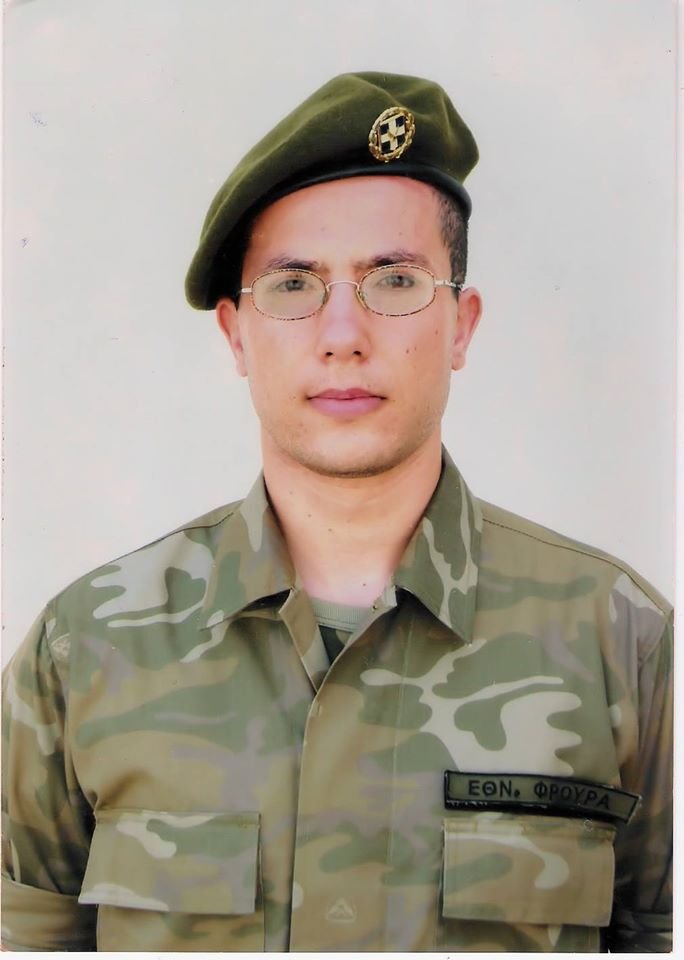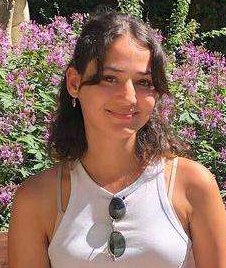The findings of an investigation carried out into the death of conscript Thanasis Nicolaou in 2005 will be submitted next week.
The case’s two investigators, lawyer Thanasis Athanasiou and retired Greek police lieutenant Lambros Pappas, confirmed to the Cyprus News Agency on Friday that their findings will be submitted “early next week”.
Athanasiou and Pappas were appointed by the government in May last year to investigate Nicolaou’s death after the Limassol district court ruled in May last year that Nicolaou had been strangled to death.
That ruling had been made 19 years after state pathologist Panicos Stavrianos had ruled that Nicolaou had committed suicide, with his mother Andriana Nicolaou had for nearly two decades campaigned to have Stavrianos’ ruling overturned.
The investigation which led to the Limassol ruling was carried out on the basis of the new information brought to light following exhumation and examination of Nicolaou’s bones in 2020, which led to the conclusion that his death was due to a criminal act and not a suicide.

Stavrianos claimed after the Limassol ruling that he had been wronged, appealing it at the Supreme Court on the basis that he had not been allowed to testify in the Limassol case.
The Supreme court rejected Stavrianos’ appeal, finding The investigation was carried out on the basis of the new information brought to light following exhumation and examination of Nicolaou’s bones in 2020, which led to the conclusion that his death was due to a criminal act and not a suicide.
After the ruling, Stavrianos said that “perhaps I am the only person whose rights are violated without any remedy”.
“I expected the Supreme Court, based on the fact that my rights were violated and it recognised this, to come to a different conclusion. However, in the public interest, and to serve any perception, the findings of the investigation were not annulled,” he said.
“The court’s decision is respected, but I insist that the management and manner of the inquest was wrong and this will be proven by legal procedures which will follow this process, which we will study with our lawyers,” Stavrianos said.
His final appeal at the supreme court ended without success in February, and his lawyers are now alleging that he was poorly treated during that hearing.
“At the start of the deposition session, our client was first informed that he was now suspected of committing eight serious criminal offences,” they said, adding, “we and our client were never informed of the reason for his recall and not told the real reason he had been asked to appear before the criminal investigators for a second time”.
They pointed out that Stavrianos “is a person with special needs” and mobility problems, and that despite that, “during the long process from 6pm on February 20 until 4.08am on February 21, in the early hours of the morning for a period of more than ten hours, our client was denied the opportunity for a rest or a break”.
They added that he was also denied access to food and drink and that “the only thing which was allowed during those hours, and let us make it clear that this took place in the wild early hours of the morning when most people are asleep, was a little water”.
Additionally, they alleged Athanasiou “displayed aggressive behaviour” towards Stavrianos.
“Our client was subjected to psychological violence … The perception was created that they would carry out an illegal attack against him. The methodology and manner of questioning of our client … was torturous, degrading, humiliating, inhumane, violent, and constituted a flagrant violation of our client’s rights as a suspect,” they said.
They thus called on Christodoulides to open an investigation into the matter and even initiate a criminal investigation against Athanasiou.
“Under the circumstances, it is found that it is impossible for the investigator in question to continue interrogating our client. Our client is certainly at the disposal of the authorities and it is necessary under the circumstances to replace him and appoint another criminal investigator,” they said.







Click here to change your cookie preferences